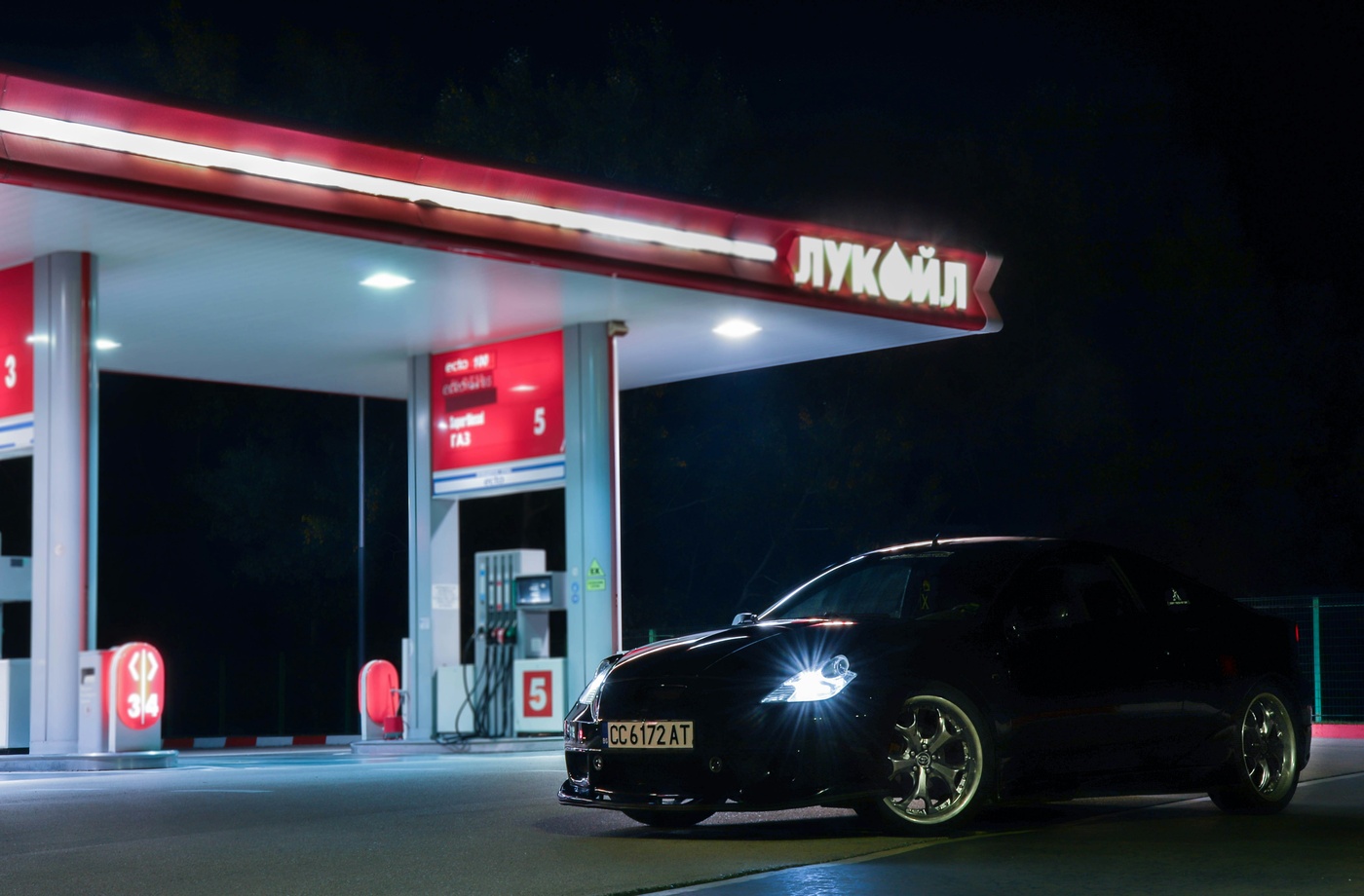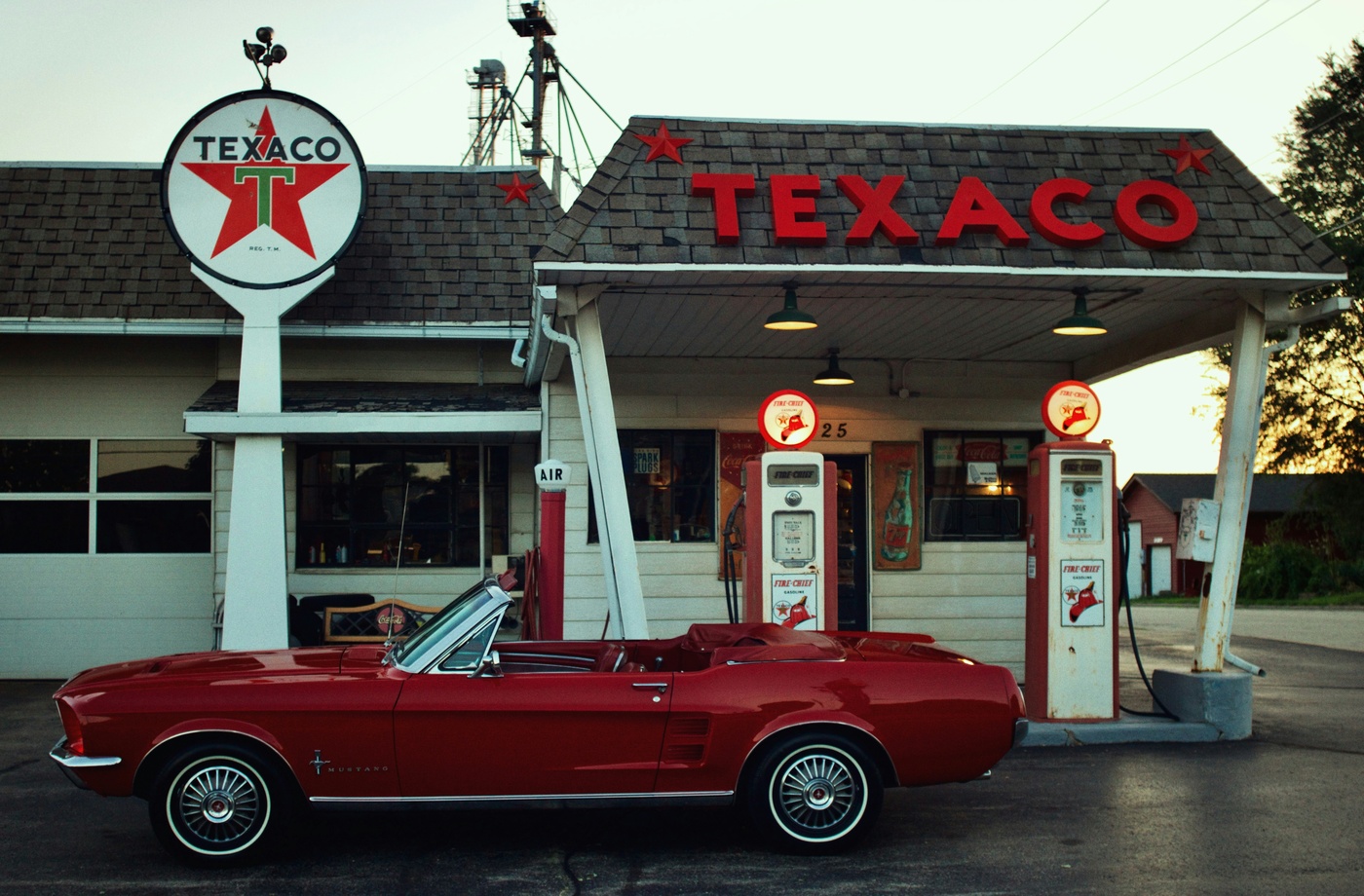Premium gas is often associated with better performance, cleaner engines, and improved fuel economy—but for most drivers, it’s an unnecessary expense. If you’re filling up with high-octane fuel without knowing whether your car actually requires it, you could be spending more for no real benefit.
Here’s what the science and experts say about premium fuel—and how to know if it’s right for your vehicle.
What Is Premium Gas, and How Is It Different?
Premium gasoline has a higher octane rating—typically 91 to 93—compared to regular unleaded gas, which usually sits at 87. The octane rating refers to the fuel’s ability to resist engine knocking or pinging during combustion, which can affect performance and efficiency in engines with high compression ratios.
While premium fuel can be beneficial in high-performance or turbocharged engines, it offers no measurable advantages in vehicles designed for regular gas.
What the Experts Say
According to extensive testing, there is little to no benefit in using premium fuel unless it’s required by the manufacturer. In their research, premium gas did not significantly improve horsepower, fuel economy, or emissions in vehicles that were built to run on regular.
Solution: Check your owner’s manual. If it says “premium recommended,” you can safely use regular without damaging your engine. If it says “premium required,” then stick with high-octane to avoid performance issues.
Premium vs. Required: Understanding the Labeling
- Premium Required means the engine is tuned specifically for high-octane fuel. Using regular may cause knocking and reduce performance.
- Premium Recommended means the engine can benefit from premium, but it’s not mandatory.
- Regular Acceptable means your vehicle is designed for 87 octane and won’t benefit from higher grades.
Most modern vehicles are built to run on regular fuel, and onboard sensors automatically adjust combustion timing to prevent knocking, even under stress.
When Premium Might Be Worth It
There are a few scenarios where premium fuel could offer value:
- Towing or heavy loads in high-heat conditions may justify premium in performance-oriented vehicles.
- Luxury or high-performance engines with turbocharging may perform better or more efficiently on higher octane fuel.
- Older engines prone to knocking may see improvements from premium.
But for the average daily driver, especially those with sedans, SUVs, or commuter cars, it’s almost always better to stick with regular.
Want to Save Without Downgrading Performance?
Rather than paying more for unnecessary fuel grades, focus on smarter payment strategies and regular vehicle maintenance. For example, you can earn cashback with a BP gift card or get rewards with a Shell gift card through Fluz, allowing you to save instantly at the pump—regardless of octane level.
Pair that with proper tire pressure, timely oil changes, and steady driving habits, and you’ll maximize fuel economy without overspending on high-octane gas.



